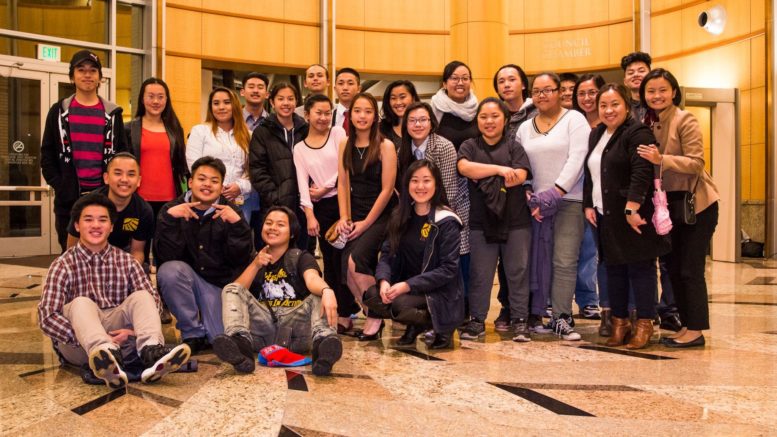Sacramento City Council still hasn’t put cash for kids measure on ballot
More than 39,000 Sacramento voters signed petitions to put a cash for kids measure on the ballot, and it qualified in mid-June.
But the City Council still hasn’t taken the official vote to put the Sacramento Children’s Fund Act before voters—and time is running out to get it on the March 3 ballot, as supporters badly want.
On Tuesday, the council is scheduled to debate the timing. It faces a Dec. 6 deadline to ask the county registrar of voters to schedule the measure for March. (UPDATE: The council voted Tuesday to place the measure on the March 3 ballot.)
Miss the deadline, and the city charter amendment would be delayed until November 2020. And if that happens, supporters warn that the fund’s rollout will be messy—maybe too messy to succeed.
The reason: The grants to nonprofits would start in summer 2021, and the measure’s backers say it would take at least a year to set up the system. That includes appointing a planning and oversight commission, which would do research and develop a three-year spending plan and an evaluation strategy.
At the Nov. 5 council meeting, the Sacramento Kids First coalition showed up in force to argue for the March ballot and to speak, a couple tearfully, about the need for services for youths in tough neighborhoods.
The political timing for the measure, however, is complicated. March 3 also happens to be election day for mayor and four council seats.
A spokesperson for Mayor Darrell Steinberg says he doesn’t have a strong preference between March or November 2020.
Steve Hansen, who is seeking a third term representing District 4, prefers a vote in November. He says that city charter amendments should be decided in general elections with the most voters. In a statement, he also said that by waiting until November, voters would know more about the impact of new union contracts and other financial challenges. Both are good points.
District 5 Councilman Jay Schenirer—who championed a marijuana tax for children’s programs that narrowly failed in June 2016—backs the March date, though he hasn’t taken a position on the measure itself.
Les Simmons, a South Sacramento pastor, and Mai Vang, a Sacramento City Unified Schools trustee, are running against each other for the open District 8 council seat. But at the Nov. 5 meeting, they shared their two minutes to promote the measure.
The March 3 ballot will also include a $15 billion statewide bond issue for K-12 and colleges, which might influence voters. But if the children’s measure is pushed back to November, it could very well be on the same ballot with a countywide sales tax increase for transit and roads. And by then, the economy may be headed toward recession. Both those factors might make voters more wary of locking in funding for children’s programs.
There are certainly arguments on the merits of this measure, itself. It would amend the city charter to establish the children’s fund that, starting in July 2021, would receive 2.5% of unrestricted city revenues—projected at $10.1 million to $12.6 million a year, on top of existing city spending for children and youth.
Supporters say a dedicated funding source is needed because when the city’s budget gets tight, these programs get cut while police and fire—backed by powerful unions—are shielded.
Opponents, however, say it would make it much more difficult for the council to balance the budget in the next recession.
The council will decide later on its position on the measure, just as voters will. But if this measure does pass, the worst outcome would be for it to fail—for the money not to change lives for the better. And if delaying the vote really does make that more likely, is that a risk worth taking?






Be the first to comment on "Editor’s note: Slow roll to failure?"